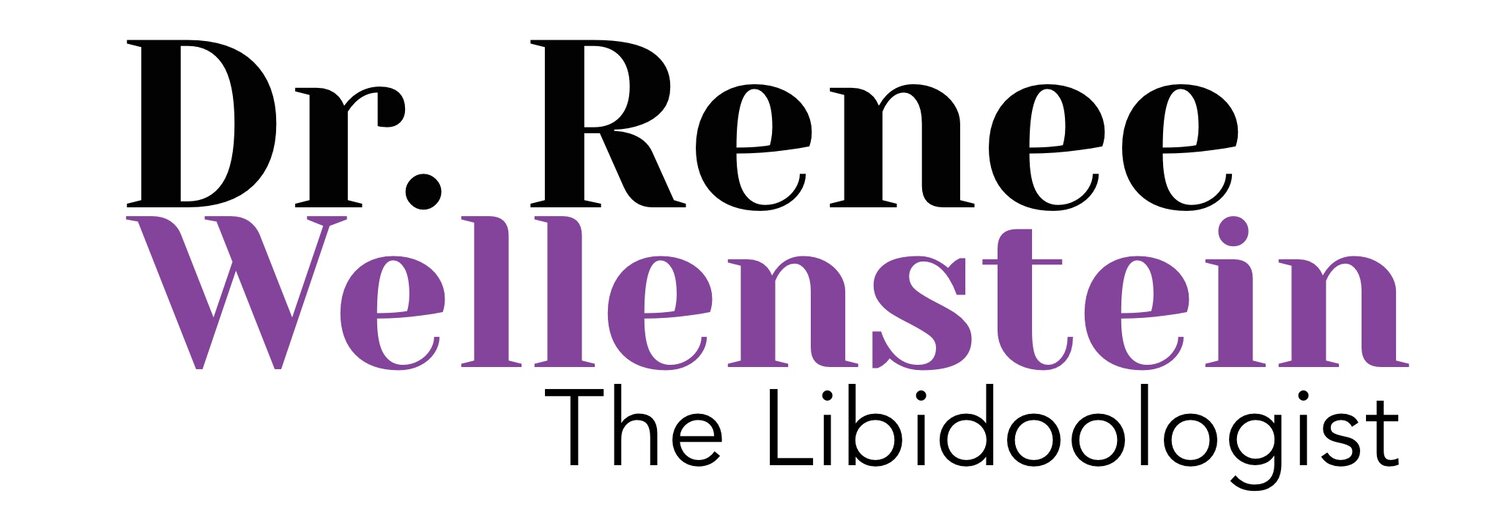The Supplement Women Over 40 Aren’t Taking—But Should Be
Photo by Aleksander Saks
Let’s talk about something that doesn’t get enough airtime when it comes to women’s health over 40: creatine.
Creatine isn’t just for athletes or intense workout routines. It’s one of the most well-studied supplements out there—and it does a whole lot more than support muscle. It plays a key role in energy production, brain health, and maintaining strength as we age. And yet, most women aren’t getting enough of it—especially after 40.
So, what exactly is creatine?
Creatine helps your body produce ATP, which is essentially your body’s go-to energy source. Think of it as the quick-access battery your muscles and brain rely on—especially during moments of physical or mental stress.
Women naturally have lower creatine stores than men to begin with—and those levels tend to drop even more as we age. And that drop? It can show up as:
Fatigue that doesn’t budge no matter how clean you eat
Brain fog that makes you forget why you walked into a room
Loss of lean muscle (hello, sarcopenia)
Slower recovery from workouts—or even just a busy day
Why I take it daily (even when I don’t work out)
I used to only reach for creatine on heavy training days. But after diving into the research and testing it in my own daily routine, I now take 5g of creatine monohydrate every day. No cycling. No complicated timing. Just one scoop mixed into my smoothie, electrolytes, or even plain water.
And the best part? No bloating, no bulkiness—just noticeable improvements in my energy, mood, and muscle tone.
But not all creatine supplements are created equal—some are loaded with artificial sweeteners like sucralose, which can impact gut health (especially if you’re already dealing with hormone-related bloat or inflammation).
Want to know what kind of creatine I use, how to take it safely, and who should avoid it?
I cover it all in this YouTube video:
Click here to watch “Creatine for Women Over 40: The Secret to Strength, Energy & Brain Power”


